George Reginald Freeman: "The Government of my country tried killing me for being gay, activist and a defender of the rights of LGBT persons”
Our protagonist is 31 years old, was born in Sierra Leone and is a LGBTI advocate and activist. Because of the threats in his country, he was forced to seek refuge in Spain.
What is the reason for seeking political asylum?
The government of my country tried killing me for being gay, activist and a defender of the rights of LGBT persons in Sierra Leone. I helped LGBT persons to access health services and justice through Pride Equality, an organization that defends the rights of lesbians, gays, transsexuals and bisexuals in Sierra Leone. In my country, an LGBT person cannot access medical services and others. That is why we stood together and helped people in need. Because of this, I was threatened and was able to leave the country.
Gaining a refugee status is not easy. How was it in your case?
At the time I was working in Sierra Leone, collaborating with the Fundación Triangulo, in an international cooperation project for lesbians, gays, transsexuals and bisexuals. The project was funded by the Spanish Ministry of Foreign Affairs. We had previously worked with Triángulo and had a good relationship. Doing what I did made me very visible after an interview appeared in the press; I received many attacks, threats, aggressions. My car was destroyed, my home was attacked...I escaped to Ghana to apply for a visa at the Spanish embassy. We sent a message to Fundación Triángulo, who offered to go with them and apply for political asylum; I fled the country with two other colleagues.
So the process was quick!
My case was a special one, but usually it’s not that easy. Asylum-seekers suffer a great deal, it’s not easy. I had a high public profile as an activist, but most people don’t get this opportunity.
What’s the situation like in your country?
In 2013 I published a first report on the situation of LGBT persons in Sierra Leone, with the support of the US Government. The Government tries to justify its position at an international level, but the reality is that LGBTI persons have no real rights. If you are attacked, you can’t go and report it because the police are part of a discriminatory system; you get chucked in prison without being able to exercise your rights. We are arrested without a register; these are illegal detentions but they are carried out nevertheless. Lesbians suffer hugely, with organized rape to correct their orientation. Trans people are under great pressure and subject to immense social rejection. Actually, everything is ruled by old laws. A British law dating back to 1861, the Offenses against the persons Act, subject to 10 years in prison or life imprisonment, depending on the judge.
How did you deal with this situation in Sierra Leone?
In 2007 we established Pride Equality in Freetown to defend our rights and those of LGBTI persons, especially with regards to the right to access healthcare. A friend of mine became infected with HIV, he could not access healthcare and his health and wellbeing were becoming strongly compromised. It’s a right for all, that LGBTI people cannot exercise because in order to access healthcare, you must go with your couple and gays and lesbians cannot access these services because they know it’s illegal and they are frightened.
How are you continuing your work now?
Currently I have established Pride Equality International to continue doing the work I was doing in my country. We continue to work with the same parameters and I support the people in my country from Spain.
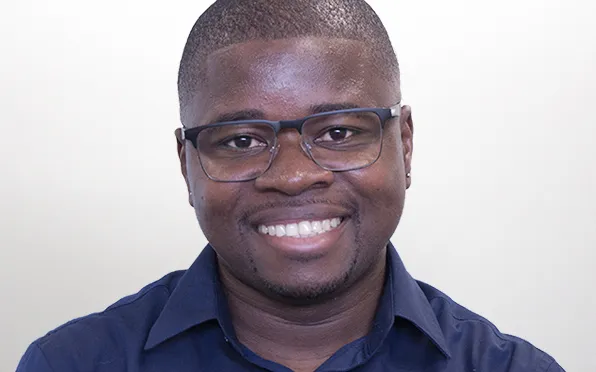
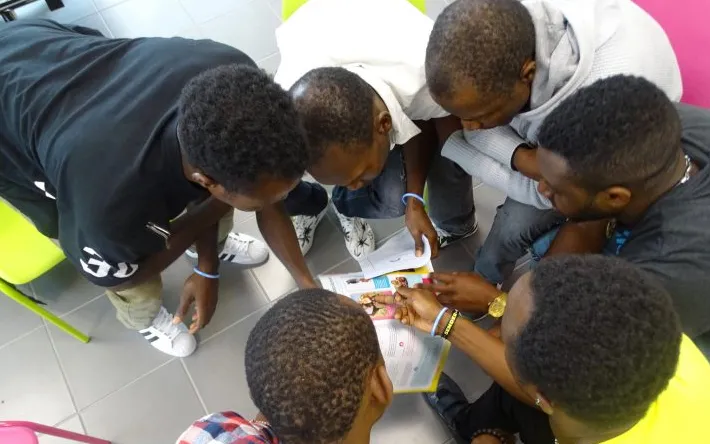
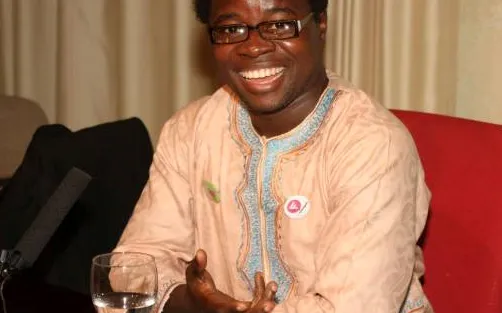


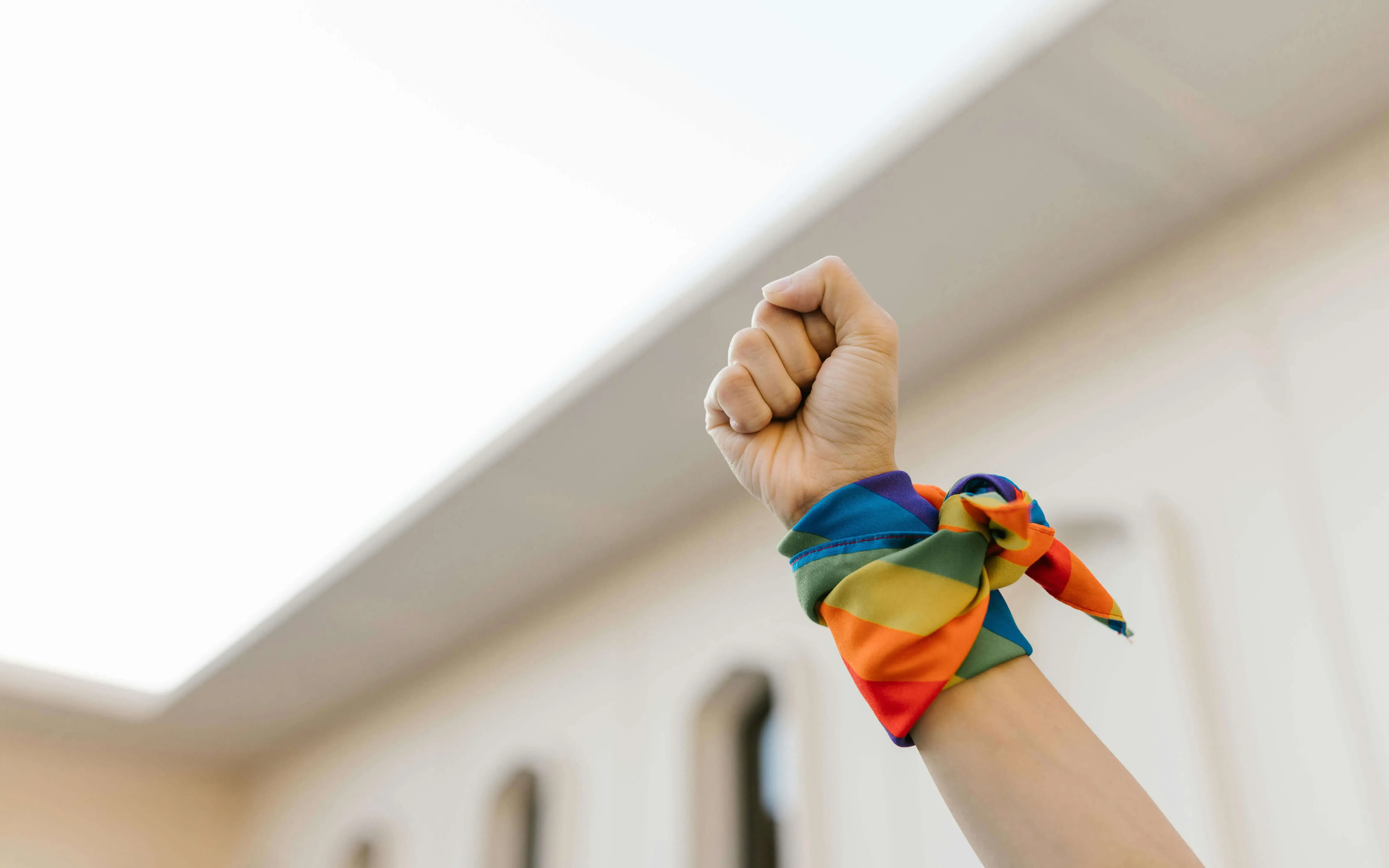
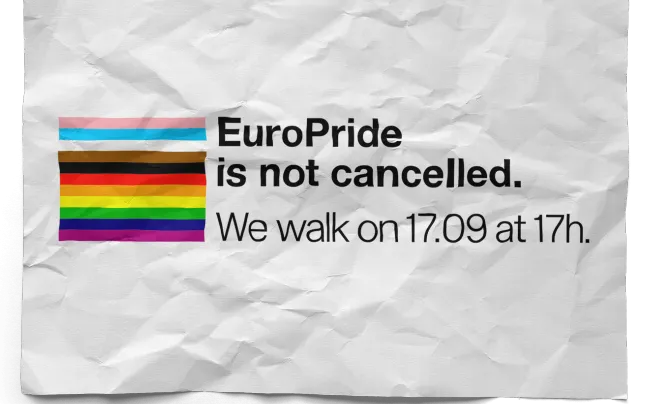
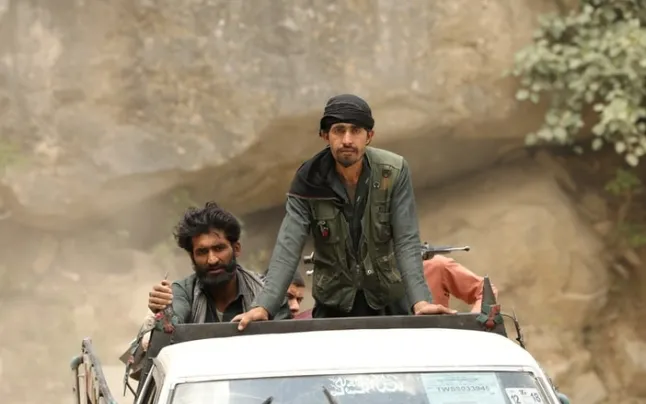
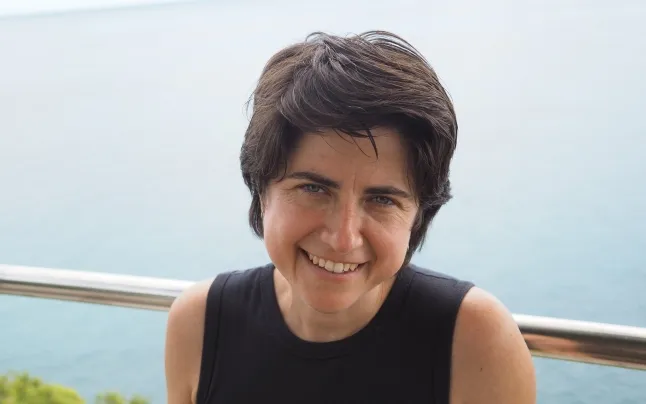
Add new comment